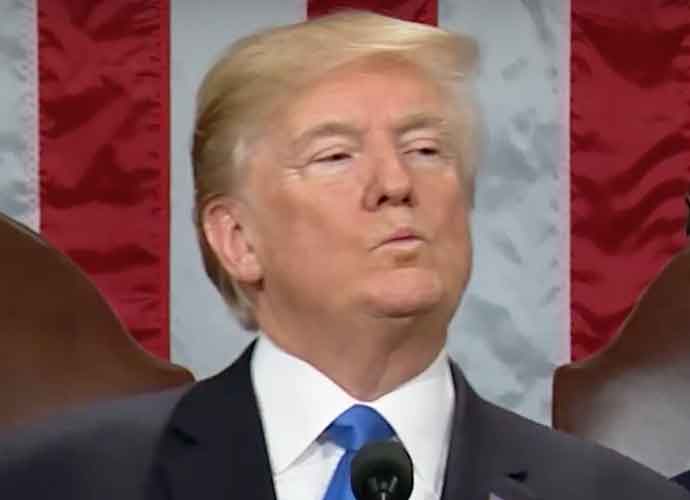Intelligence Inspector General Rebuts Trump’s Claim That ‘Second-Hand’ Information Rules Were Changed Before Whistleblower Complaint
President Donald Trump and his Republican allies have pitched numerous impeachment conspiracy theories in recent days.
After Trump confirmed that he pushed Ukraine’s president to investigate Vice President Joe Biden and his son in a July telephone call, the House began an official impeachment proceeding.
The official whistleblower report, made public on Sept. 26, reveals the actions of Trump, his personal lawyer Rudolph W. Giuliani and other officials in the United States and Ukraine. It voices the informant’s urgent concern that the president is abusing his power, mainly coercing domestic and foreign entities, into interfering with the 2020 presidential election to ensure his own success.
The president tweeted Monday that the whistleblowing rules recently changed to accommodate the complaint a “secondhand party” made against him.
Subscribe to our free weekly newsletter!
A week of political news in your in-box.
We find the news you need to know, so you don't have to.
In a statement released Monday, the inspector general of the intelligence committee (ICIG) rebutted Trump. The inspector general of the intelligence committee stressed in the statement that a whistleblower does not need, and has never needed, a firsthand account of events to submit a complaint — there is no requirement set forth in the statute. The statement reiterated that the only requirement is the informant’s “urgent concern.” The inspector general has 14 days from the original filing to investigate and determine whether information regarding the urgent concern is credible.
Despite Trump’s efforts to unveil the informant, he cannot because the law prohibits identity disclosure. “The law and policy supports protection of the identity of the whistleblower from disclosure and from retaliation,” the ICIG wrote.
Get the most-revealing celebrity conversations with the uInterview podcast!







Leave a comment